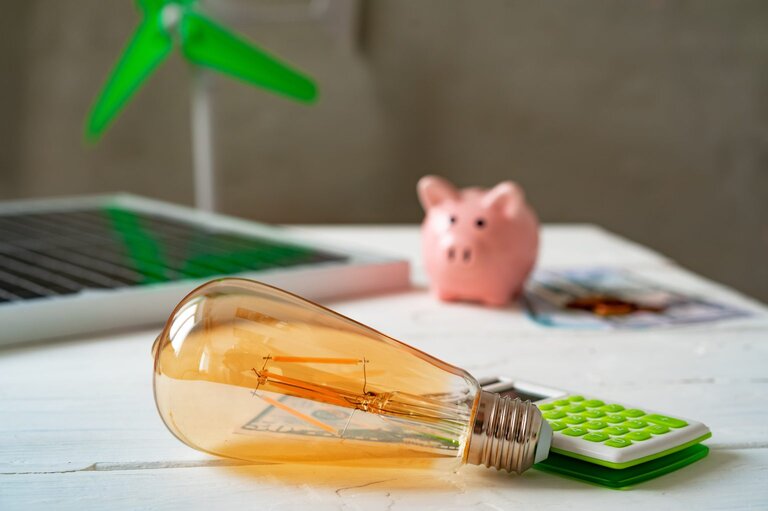When taking stock of the performance of the productive sectors throughout 2020 in Brazil, a year of pandemic, there is an evident and notorious segment that emerges as one of the great alternatives for the much-desired way out of the economic crisis in our country. This is the thriving photovoltaic solar energy market, which has shown important results for the nation. In the last 12 months, Brazil has experienced a growth of 52% in investments in the solar photovoltaic sector compared to the amount accumulated in the country since 2012. According to data from ABSOLAR (Brazilian Photovoltaic Solar Energy Association), in 2020, there were more than R$ 13 billion in contributions during the pandemic year, considering large plants and generation systems on roofs, facades and small plots of land. Ultimately, the photovoltaic market generated more than 86 thousand new jobs in 2020, spread across all regions of the country, thus helping to reduce the harmful effects of the pandemic and bringing new economic development perspectives to citizens and companies. Three words best summarize the performance of the solar energy sector in Brazil: strength, resilience and versatility. Therefore, in the short, medium and long term, this market is currently seen as a relevant protagonist for an economic, sustainable and competitive recovery in Brazil. In total, since 2012, the photovoltaic solar source has already generated more than R$ 38 billion in business and generated more than 224 thousand jobs. In 2020 alone, hiring grew by 62% in relation to jobs created in the country between the beginning of 2012 and the end of 2019. The country jumped from 4.6 GW (gigawatts) at the end of 2019 to 7.5 GW at the end of 2020, a growth of 64%, adding the large plants (centralized generation), and the small and medium-sized distributed generation systems installed . In practice, this represents more than half of the power installed at the Itaipu hydroelectric plant, the largest in Brazil and second largest on the planet. Public authorities also benefited from the growth of solar energy. In 2020, the photovoltaic market provided more than R$ 3.9 billion in tax revenue, an increase of 52% in relation to the total collected in the period between 2012 and 2019. Currently, there are more than 400 thousand solar photovoltaic systems connected to the grid in the country, bringing savings and sustainability to around 500 thousand consumer units. However, the successful trajectory of the solar sector is still at a very early stage in the country. In distributed generation, for example, among the approximately 85 million electricity consumers in the country, only 0.5% use the sun to produce electricity. Therefore, solar energy will play an increasingly strategic role in achieving Brazil's social, economic and environmental development goals, including helping in the sustainable recovery of the economy, as it is the renewable source that generates the most jobs and income in the world.

The history of insurance and its importance for solar energy
Discover the origins of insurance and how it continues to be fundamental to protecting your client's investment















